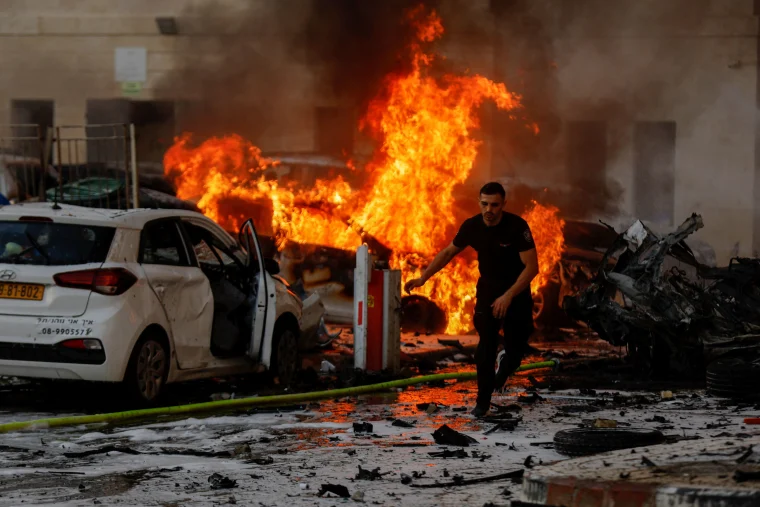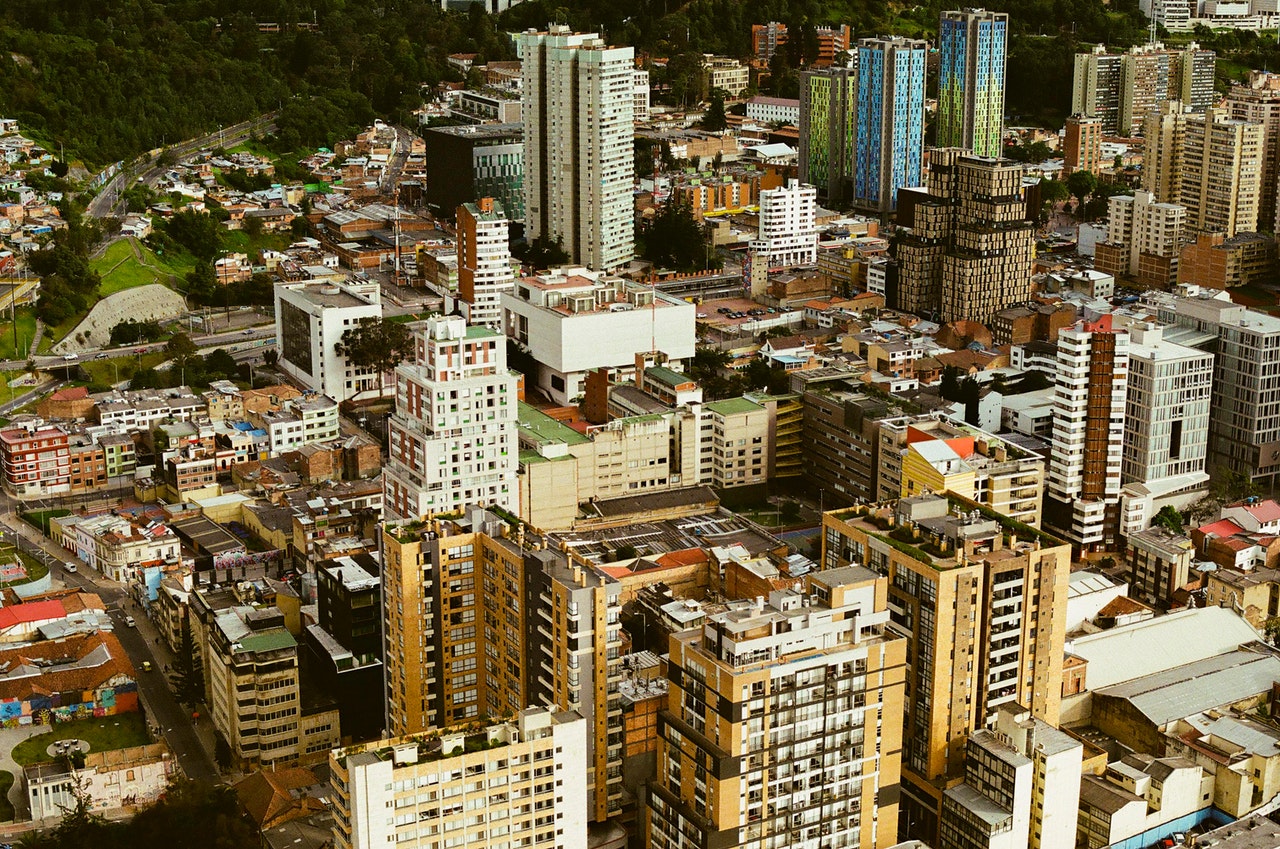The Gaza Strip faces the looming threat of a new humanitarian crisis, warn authorities, as Israel responds to Hamas attacks. Israel has declared a “complete siege” on the territory, announcing the suspension of electricity, food, fuel, and water.
Aid deliveries to Gaza have reportedly ceased since Saturday, and images from the BBC depict desolate streets strewn with debris from buildings destroyed by Israeli airstrikes. The death toll from these attacks stands at nearly 700, with thousands more injured.

The Gaza Strip, home to approximately 2.3 million people, relies heavily on humanitarian aid, especially in the context of ongoing hostilities with Israel, with around 80% of the population depending on such assistance.
Hamas governs the territory, but Israel controls its airspace, coastline, and access through its borders. Egypt also enforces strict controls on what or who can cross its Gaza border.
Since the attacks began on Saturday, Israel has halted all supplies, including essential items like food and medicine, from entering Gaza.
Stéphane Dujarric, the UN secretary-general’s spokesman, reports that over a dozen healthcare workers have been killed or injured, with at least seven medical facilities damaged.
Many Gazans now face severe shortages of electricity, internet, food, and water, with the Gaza Power Plant being the sole source of electricity, at risk of running out of fuel soon.
Even prior to these latest restrictions, Gaza residents already grappled with food insecurity, movement constraints, and water scarcity.
Juliet Touma, a spokesperson for the United Nations’ Palestinian refugee agency (UNRWA), expressed the fear and concern of Gazans, particularly for their safety and that of their families.
On Monday, Israel’s Defense Minister, Yoav Gallant, announced the imposition of a “complete siege” on Gaza, indicating a cutoff of electricity, food, water, and gas.
Israel’s infrastructure minister further ordered the immediate cessation of water supplies to Gaza.
The Palestinian health ministry has reported shortages of medicines, medical supplies, and fuel due to Israel’s actions, urging international actors to press Israel to restore power lines and provide essential supplies like medicine, fuel, and power generators.
In response to the Hamas attacks, Israel has launched extensive retaliatory airstrikes on Gaza, including a heavy barrage on Sunday night. Some of these strikes targeted the eastern border areas, where Hamas initiated their attacks.
Reports suggest that Israel has also employed artillery fire in the border region, with concerns about civilian casualties.
Witnesses have reported Israeli airstrikes hitting refugee camps, including Al-Shati and Jabalia camps, resulting in injuries and fatalities.
A video from Jabalia showed chaotic scenes, with casualties being treated.
Reports also indicate that an Israeli airstrike hit a United Nations school in Gaza housing civilians, including children and the elderly, though no casualties were reported.
There have been additional reports of airstrikes hitting a mosque and residential homes.
According to the Associated Press, 19 members of the same family were killed in a strike in Rafah, in the southern part of Gaza.
The UN has reported 123,538 internally displaced people in Gaza, primarily due to fear, protection concerns, and home destruction, with 73,000 people taking shelter in schools, as stated by the Office for the Coordination of Humanitarian Affairs (OCHA).






